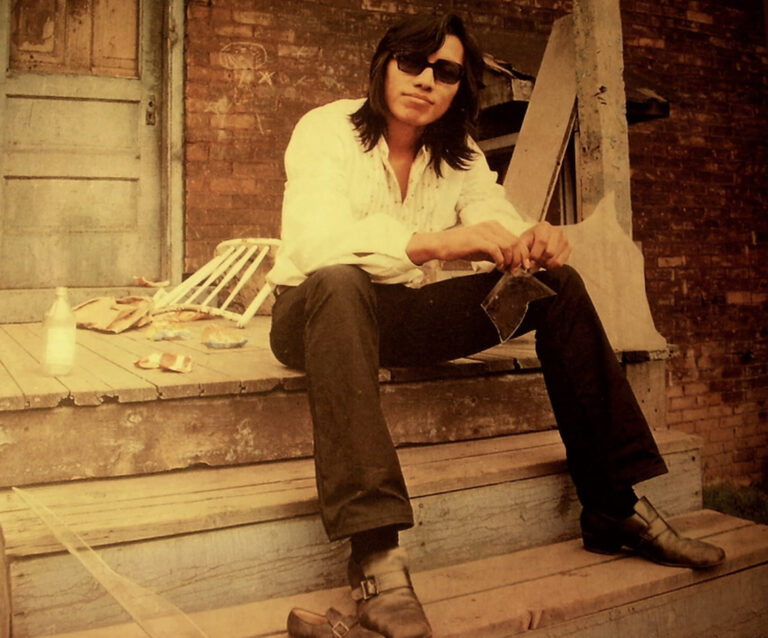
Acclaimed folk rock singer-songwriter Sixto Rodriguez died on Tuesday in Detroit at the age of 81. The death of the musician, who was most remembered in recent years for being the subject of the Oscar-winning documentary Searching for Sugar Man, was first announced on the Sugarman.org website.
The following statement, which did not indicate a cause of death, was included in the notice:
“It is with great sadness that we at Sugarman.org announce that Sixto Diaz Rodriguez has passed away earlier today. We extend our most heartfelt condolences to his daughters – Sandra, Eva and Regan – and to all his family. Rodriguez was 81 years old. May His Dear Soul Rest In Peace.”
The singer’s death was also confirmed yesterday by his granddaughter, Amanda Kennedy. It followed a short illness, his wife, Konny Rodriguez, also revealed.
While Rodriguez garnered attention for being the focus of Searching for Sugar Man, his two albums initially flopped in the United States when they were released in the 1970s. However, unknown to him at first, he later became a star in South Africa. Audiences there who were horrified by the country’s racial segregation system of apartheid related to his tracks, which protested such social issues as the Vietnam War, racial inequality and abuse of women. As his popularity in South Africa grew, Rodriguez continued to live in Detroit, however.
Searching for Sugar Man, which was directed and produced by Swedish filmmaker Malik Bendjelloul, presented Rodriguez to a much larger global audience. The movie follows two South Africans’ mission to seek out the fate of their musical hero. His fans heard stories that he had either died dramatically earlier in his life, was admitted to a mental institution or was incarcerated for murdering his girlfriend.
The feature won the Academy Award for best documentary in 2013. However, Rodriguez didn’t attend the ceremony. In an interview backstage, one of the feature’s producers, Simon Chinn, explained why: “He genuinely doesn’t want to take the credit for this film….He’s genuinely a humble man.”
When he did talk about his singing career, Rodriguez said he “went back to work” after his albums failed to garner significant attention in the U.S. He raised a family that includes three daughters and launched several unsuccessful campaigns for public office. He made a living through manual labor in Detroit.
Still, the singer never stopped playing his music. “I felt I was ready for the world, but the world wasn’t ready for me,” he said. “I feel we all have a mission — we have obligations. Those turns on the journey, different twists – life is not linear.”
Rodriguez’s widow said they met in 1972 while they were both students at Wayne State University in Detroit and wed in the early 1980s. Although they were still married at the time of his death, the couple had been separated for several years, she said yesterday.
“He loved college. He was born to be taught, to teach himself,” Konny Rodriguez said. “The music was more to bring people together. He would play anywhere, anytime. That’s where I noticed him. He was walking down Cass Avenue with a guitar and a black bag. He was a really eccentric guy.”
The musician’s widow added that she was sure that the fact that his two records didn’t do well “was still in his head. Then in 1979, I picked up the phone and it was a guy with an Australian accent who said ‘he must come to Australia because he’s very famous here.'” So they toured the county in 1979 and 1981.
The couple later learned about the impact of Rodriguez’s music in South Africa. “Apartheid was going on,” Konny Rodriguez said. “Frank Sinatra had a full-page ad, ‘Do not go to South Africa.’ We didn’t.”
But once apartheid ended, Rodriguez did travel to South Africa and performed in front of his fans there. “He did so well in South Africa,” Konny Rodriguez said.
The singer later pursued royalties he didn’t receive from his music being used and played in South Africa. Some of his songs were banned by the apartheid regime and many bootlegged copies were made on tapes and later CDs by his loyal fans.

